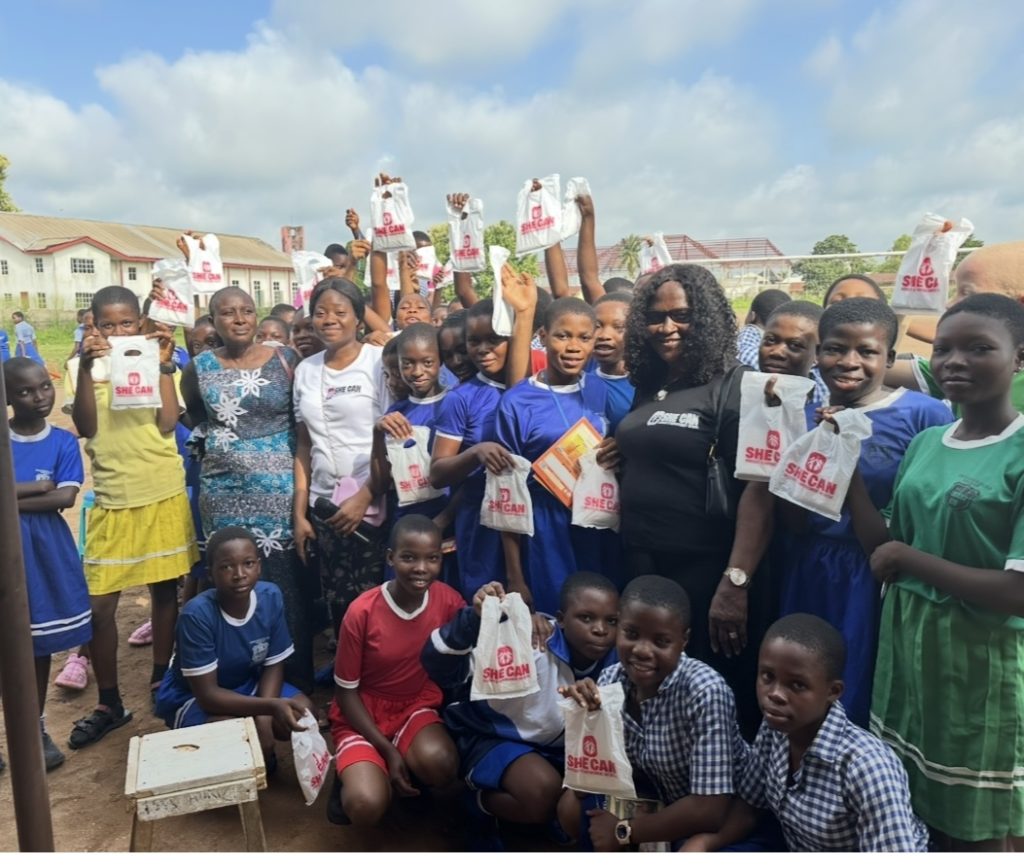

Menstrual poverty is a topic that cannot be ignored while talking about the health and wellbeing of women in different parts of the world. In the 21st century, a lot of women and girls are not able to continue with their daily activities, when its time for their period. It is not because of the cramps and discomfort associated with menstruation, but the fact that these female cannot afford sanitary care products for their period.
Menstruation, instead of being a natural occurrence, a lot of females see it as a curse, because of the fact that they do not have what it takes to handle their flow. These females are left with no option than to resort to the use of unhygienic products such as rags, old socks, newspapers, and sometimes pants, just to control the flow of blood.
While menstrual poverty increases the spread of infection because of lack of hygienic menstrual products such as pads, menstrual cups and tampons, it create a “your world stops for four days” effect. This means that females cannot go about their normal activities for four days, till their flows stop. Imagine girls skipping classes and exams because they do not want their school dresses or skirts stained the whole time.
Recognizing the struggle most female face during menstruation, She Can Advocacy and Empowerment Initiative decided to conduct an outreach in a Nigerian secondary school, where we taught girls about menstruation, menstrual hygiene and menstruation poverty in Nigeria. It was an interactive session, as the girls asked questions about their menstrual cycle and the right way to use menstruation care products.
Through this outreach, we achieved the following:
We observed that:
It was an educating outreach, and we are glad that the girls understood the concept of menstruation and were able to erase the myths that has been instilled in them by their families about menstruation. Through outreaches like this, we hope to sensitize more girls about menstruation and also join in the fight against menstrual poverty in Nigeria and Africa.

Creating opportunities for women and girls through education, healthcare, skill development, and advocacy.
Copyright @ 2025 She Can Advocacy and Empowerment Initiative. All Rights Reserved. Site Developer